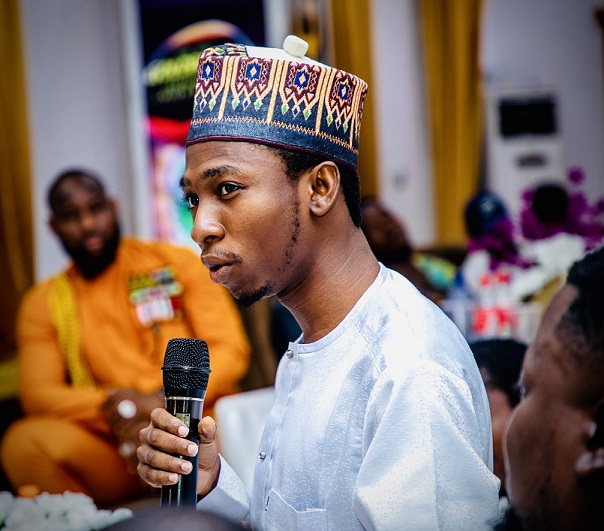Muslim-Muslim ticket in APC: North, ethno-religious manipulations and the way forward
By Abdulhaleem Ishaq Ringim It is the realization that Nigeria’s presidency cannot be won by the sole or combined agencies of personal fame, resources or regional influence that informed the…
